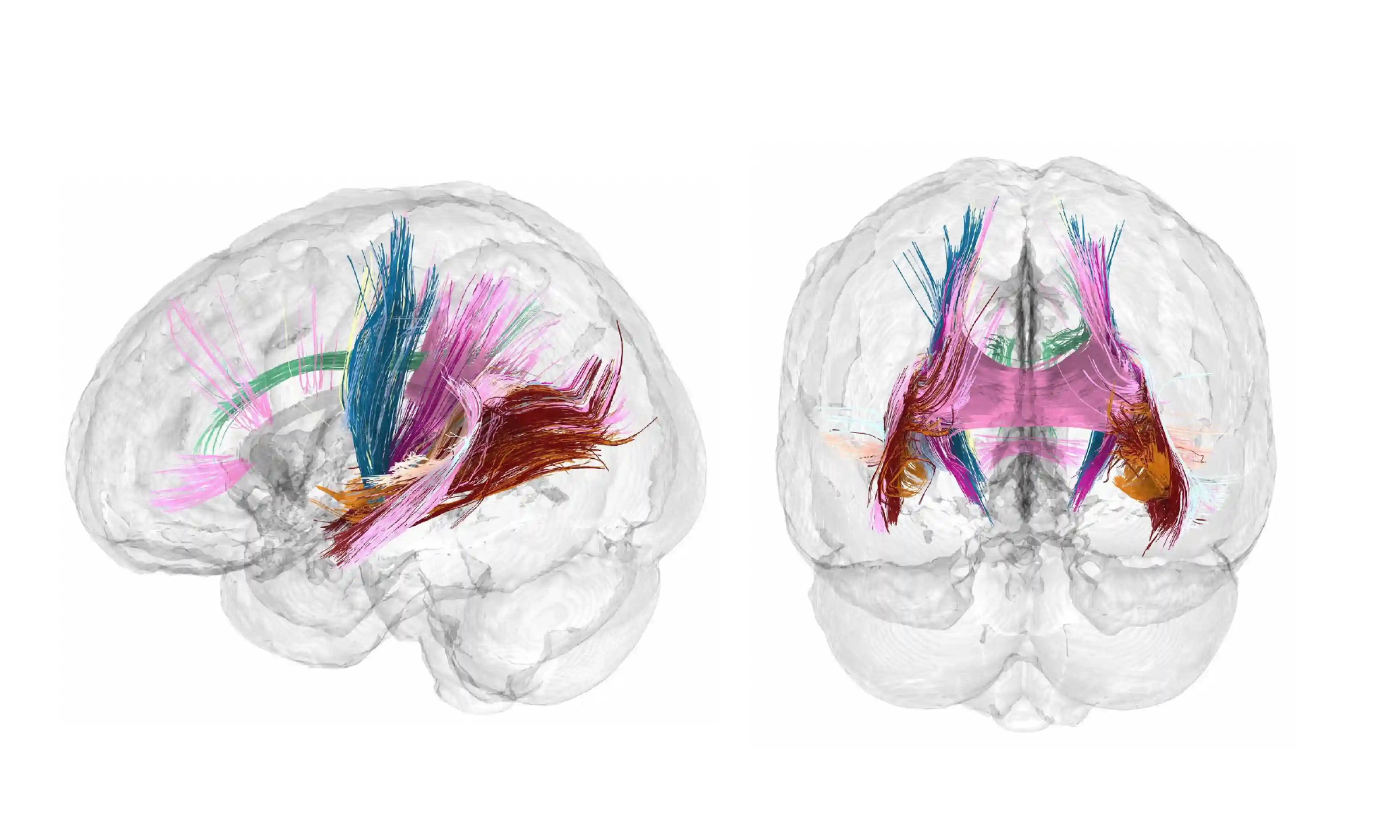Most of us have a vision of how we’d like our birth experience to go and spend a lot of time planning for it. But childbirth can be unpredictable, and when thing don't go as planned, it’s not the plans themselves that are at fault. Instead, these unexpected changes can sometimes lead to a birth experience that feels traumatic and can have a significant impact on the postpartum period.
Discussing birth trauma is crucial because it validates the experiences of those who are struggling, helping them understand they are not alone. We are fortunate to have Jess share her knowledge and expertise on birth trauma to hopefully help some of our mamas out there. Jess is a midwife, lactation consultant, and birth trauma counsellor. Her extensive experience and compassionate approach make her an invaluable resource for those navigating the complex aftermath of traumatic births.
What is birth trauma?
Trauma is subjective, meaning that what one person finds traumatic, another might not. Birth trauma refers to a distressing event during pregnancy, childbirth, or the postpartum period. Jess explains some may downplay their experiences, thinking, "It wasn't as bad as it could have been," or, "Others had it worse." However, if you're feeling uneasy about your experience or experiencing symptoms like flashbacks, nightmares, anxiety, anger, guilt, or sadness, it's important to recognise that support is available.
What can contribute to birth trauma?
1 in 3 women in Australia describing their birth as traumatic. Many factors can contribute to birth trauma, with recent studies highlighting that one of the biggest contributors is the treatment received by healthcare providers. Jess states “It's not always about emergencies or unexpected results; sometimes, it’s about how someone made you feel. Did you feel heard, listened to, and acknowledged?” Being informed before birth is an important step to help you feel empowered to speak up for what you want and advocate for yourself.
Birth trauma can affect breastfeeding in several ways, both physically and emotionally:
- Physical challenges: Injuries from a traumatic birth, such as severe perineal tears or caesarean section wounds, can cause pain, making it hard to find a comfortable breastfeeding position. Babies who experience trauma during birth might also have trouble latching or feeding effectively. Skin-to-skin contact can aid in bonding and initiating breastfeeding. If you're in physical pain, proper pain management and assistance with comfortable breastfeeding positions can help.
- Emotional and psychological impact: Birth trauma can lead to stress, anxiety, postnatal depression, and PTSD. These emotional challenges can interfere with milk production, as high stress levels can affect the hormone oxytocin, which is responsible for milk production.
- Support and confidence: Feeling unsupported or misunderstood after a traumatic birth can undermine a mother’s confidence in breastfeeding. Trauma can lead to self-doubt and feelings of inadequacy, making it harder to initiate breastfeeding and bond with the baby. Reach out for help from your support circle to get more sleep, as this is crucial for recovery and healing
- Separation: Medical reasons following a traumatic birth might result in mother-baby separation, delaying the first breastfeeding session, which can impact breastfeeding success. It’s important to remember that your experience might affect your desire to breastfeed, but you can try to set yourself up for success before you go into the birth. Antenatal expressing of colostrum can serve as an "insurance policy" in case of separation from your baby. Storing colostrum in syringes before birth can be helpful. After birth, expressing milk can stimulate your breasts and help build up a supply if direct feeding isn’t possible initially.
Remember
Any trauma, whether big or small, is valid. Most women can find breastfeeding overwhelming, especially after a traumatic birth, so seeking help early can greatly improve your breastfeeding journey. Reach out for support from midwives and lactation consultants, even just for reassurance that you are doing everything right.
If you're feeling uneasy about any part of your pregnancy, birth, or postpartum experience, seek help. If at least six weeks have passed since the traumatic event and you feel ready, you can book a session for Birth Trauma Resolution Therapy.






